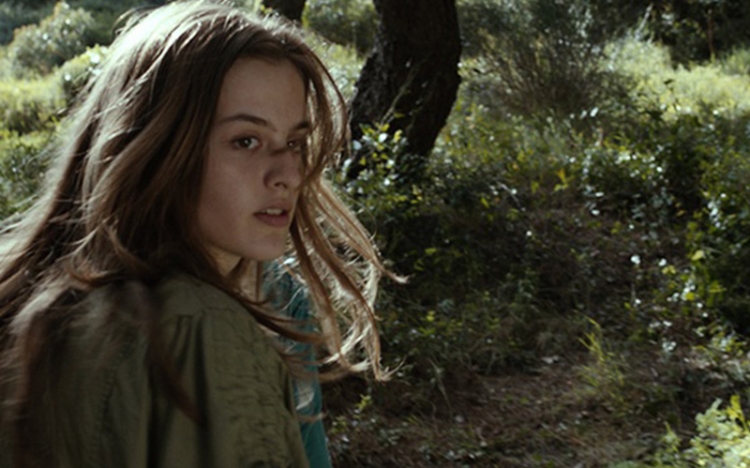
Cure – The Life Of Another, the second feature film by Swiss director of Bosnian-Croatian roots, Andrea Štaka, will be shown in Cinema Europa on Monday, 20 October at 19:30. It takes place in the 1990s, in Dubrovnik – the director's hometown that never stops fascinating people. Dubrovnik is not just a pleasant stroll down its ancient main street; it has its dark, mysterious side that underlines the time when the plot takes place – immediately after the Siege of Dubrovnik in the 1990s. This psychological drama that combines reality and fantasy was inspired by the true story about two young girls who went to the nearby hill from which only one of them returned.
How did you come across this story?
Dubrovnik is a special place. Poetical and mysterious as it is, it always fascinated me. I wanted to use it in a film. I was inspired by a true event that took place there in the 1990s, when to little girls went to the nearby hill and only one of them came down alive. The people in Dubrovnik have many theories about the case, each one of them containing fantastic elements. First I was thinking Rashomon-approach – showing several different perspectives of an event – but then I realized I was more interested in telling a story about "my" Dubrovnik, in presenting my subjective universe: girl- and female-bonding, identity, post-war atmosphere, sea, family matriarchs…
The complex relationship between two protagonists is shown rather overtly. How did you find the young actresses, how did they manage?
In Switzerland I looked for a girl who – like me – speaks both languages. I invited them to send me short cell-phone-made films. Sylvie applied first, together with her twin sister. I saw many other girls after her, but I still chose her in the end. As for the role of "Eta", we visited all elementary and high schools in Dubrovnik. When Lucia smiled at me, I knew she was "Eta". What mattered was their trust in me. I didn't give them the script to read but we talked a lot about their roles – they knew nothing about them at the time. We talked about life, about death… Before the shooting, Leon Lučev – who often works with kids – and I had a workshop with them. We never rehearsed the scenes but we "physically" worked on the story.
International critics have compared the film with Darren Aronofski's Black Swan?
A compliment (laughs). I tried to depict one's intimate horror with cinematic means. I used the external dramaturgy and internal universe of the protagonists in a different way than in a classical movie; the subconscious world is more important. Finding the balance between these two realities was the art of it. Fantasies and thoughts are part of reality for me and that's what I tried to conjure up using cinematic means.
You worked (once again) with some of the best actors from the region: Mirjana Karanović, Leon Lučev, Marija Škaričić... What was it like to work with them on this film?
I just love Mirjana Karanović and Marija Škaričić. They're creative, strong, excellent actresses. I like debating with them, I love their view of the world, the way they see my characters, I like to "fight" with them. They invest lots of experience and fully devote themselves to my films. As for Leon Lučev, I worked with him for the first time: He's great, not only as actor, but also as a producer. His contribution is very visible in the film and he was very supportive all the time. He still is.
